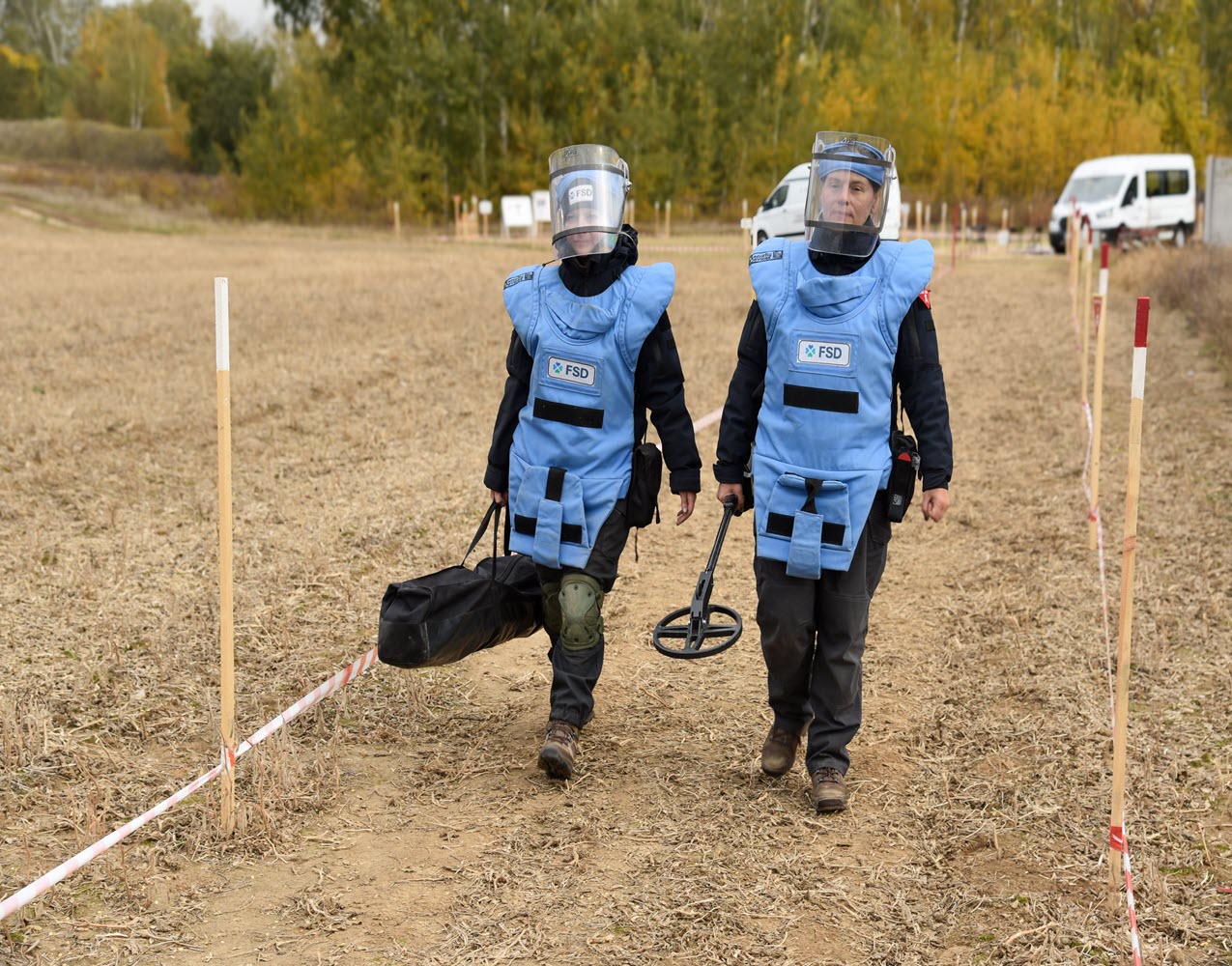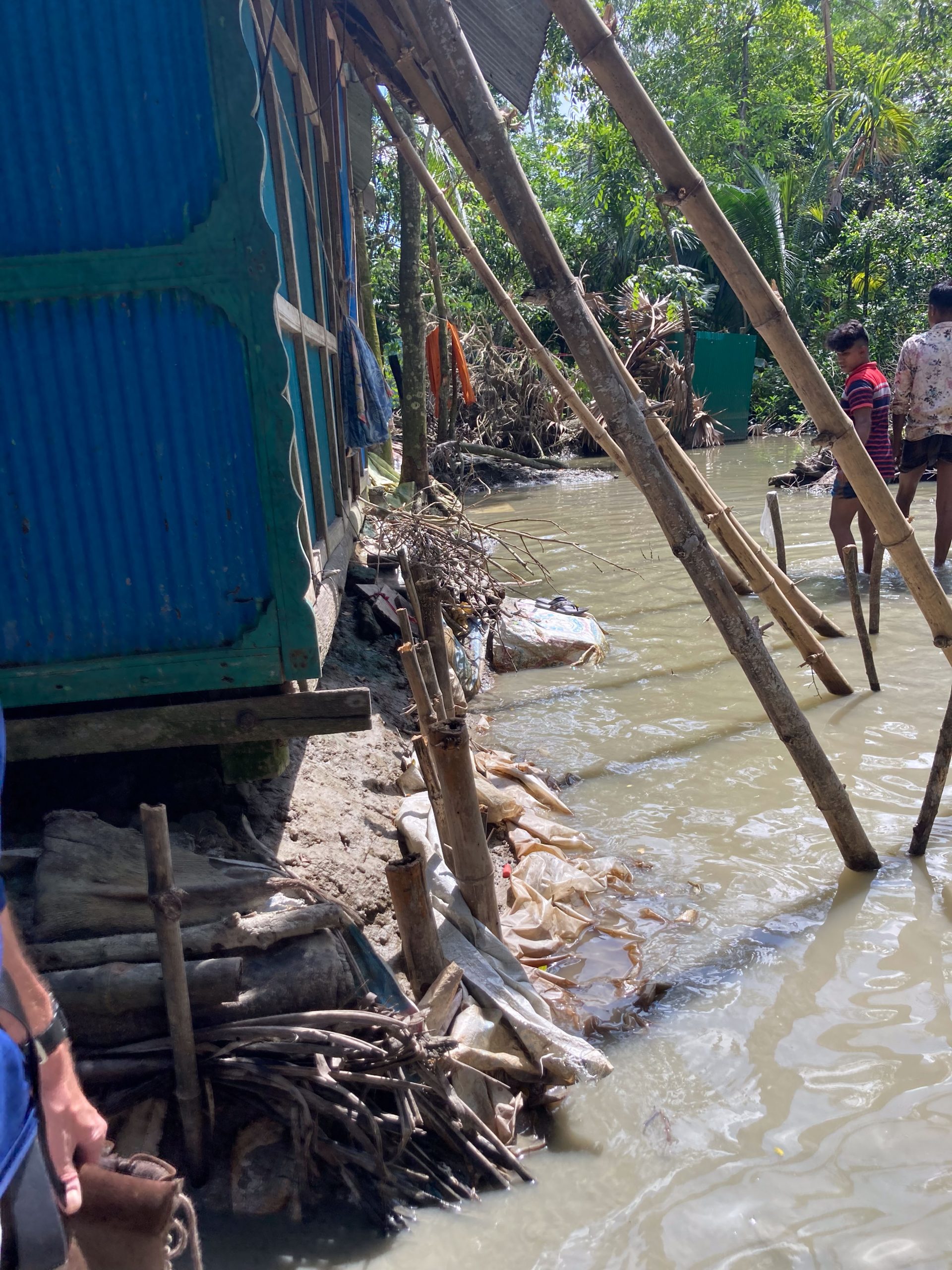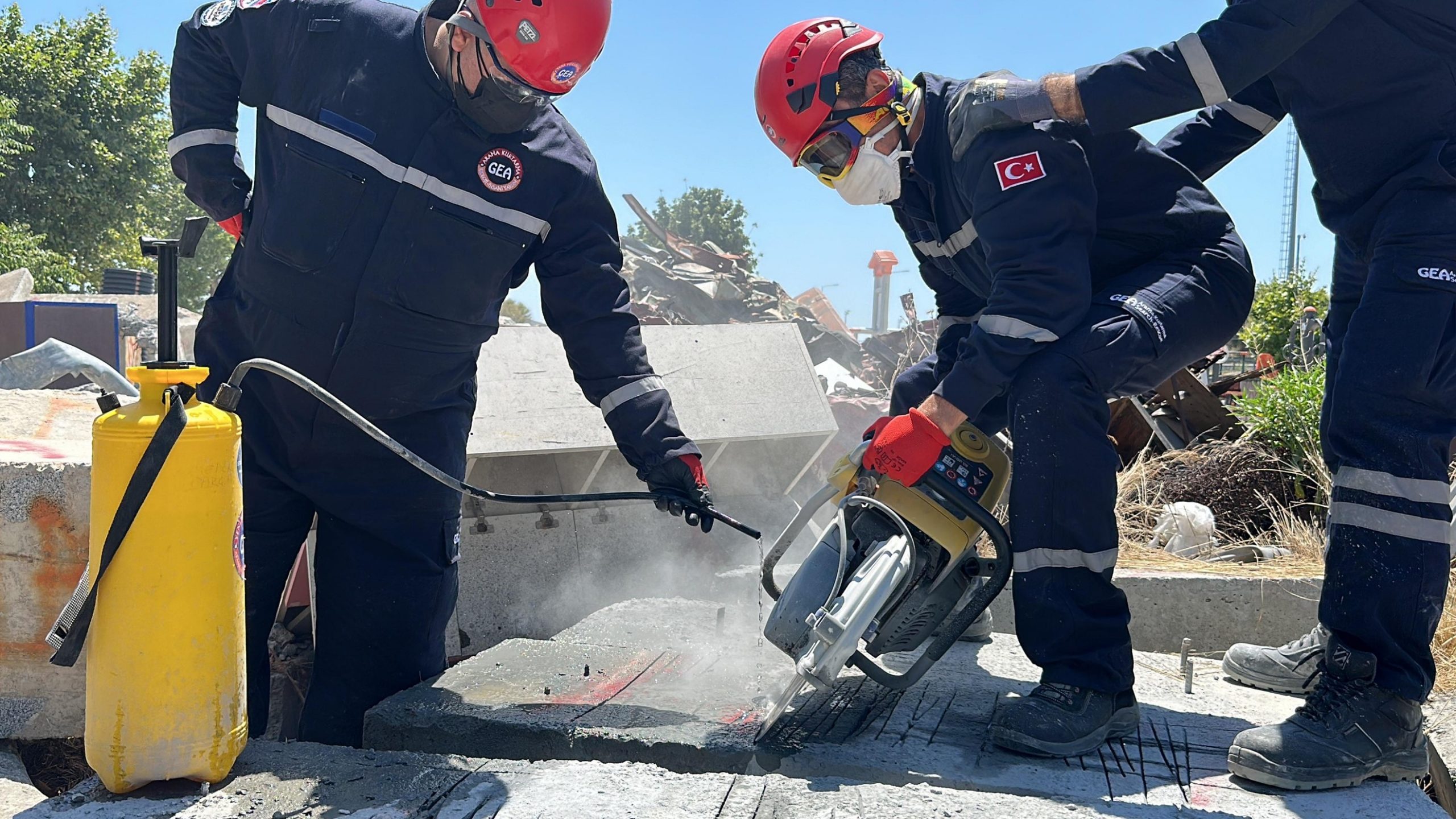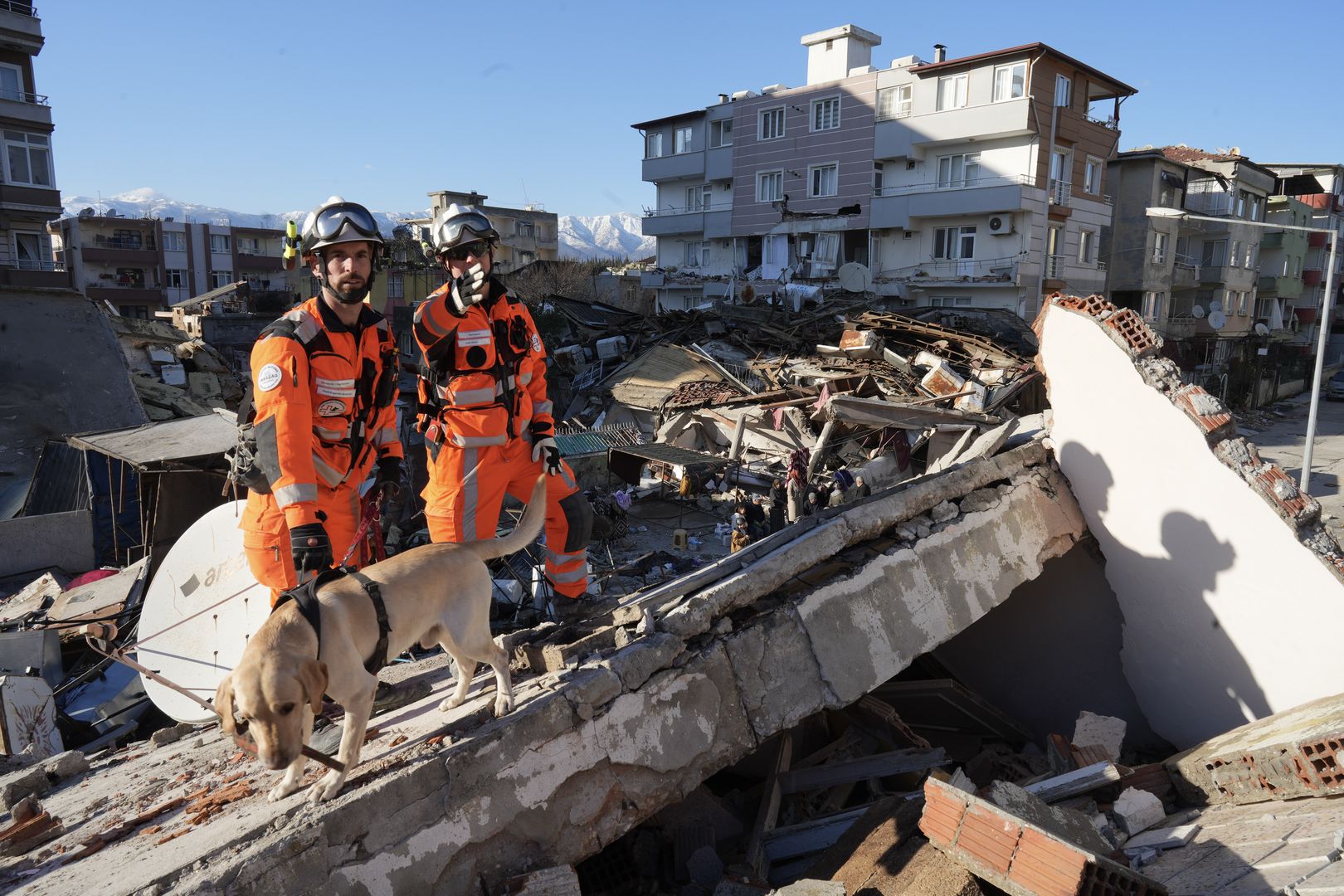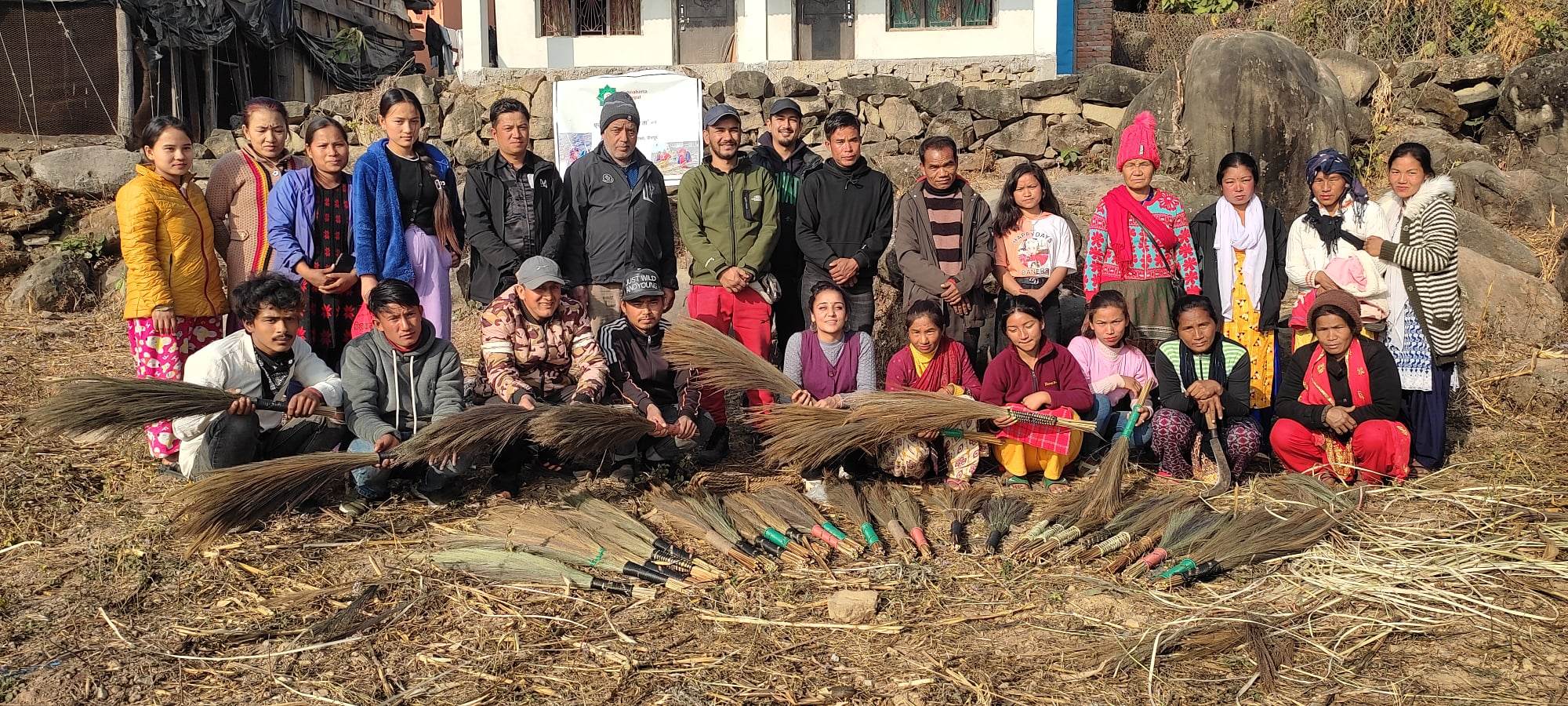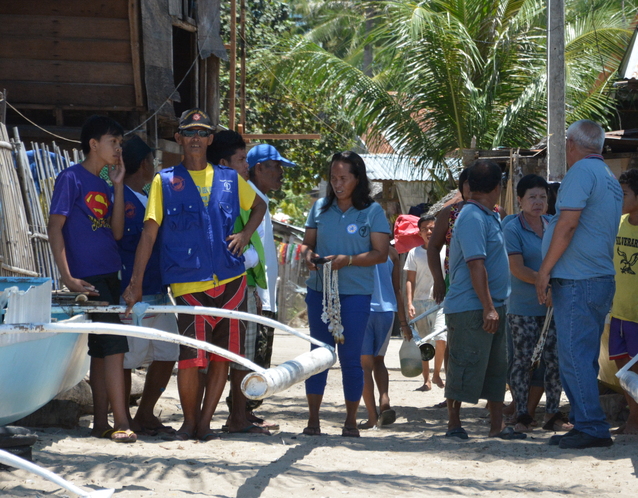
In recent years the international community has become increasingly aware that the issues of natural disasters and human trafficking are closely intertwined. This is certainly true for the Philippines. Accordingly it is highly relevant to integrate trafficking prevention into disaster risk management plans. The rationale for this pilot program is increasing evidence of a connection between the frequency and severity of natural disasters, and a rise in forced migration and human trafficking. In this framework, raising awareness of – and building preparedness for – the impact of future natural disasters reduces related threats posed by human trafficking.
This program aims to improve the resilience of marginalized rural communities in the Philippines both to natural disasters and to human trafficking. It tackles these issues in 36 coastal and island barangays and 12 municipalities in the Bohol and Cebu areas. The program specifically highlights the importance of preventing forced migration and human trafficking in the wake of natural disasters by developing Community-Based Disaster Risk Reduction (CBDRR) strategies. In total 13,000 families will benefit from the CBDRR program and 6,400 further will benefit from improved livelihood.
Important program components include establishing a database on hazards and vulnerabilities as a basis for developing and integrating disaster risk management and trafficking prevention. Community-based watch groups have been organized to reduce vulnerability and to develop sustainable coping strategies. A second project strand focuses on strengthening the role of local government in disaster risk management and strategies to prevent trafficking – and where these prove successful – transferring knowledge and experience more widely among NGOs and policymakers, both in the Philippines and internationally.
Caritas Switzerland are implementing this program in collaboration with three local Filipino Non-Governmental Organizations, led by LihokPilipina in partnership with PhilDRRHA and A2D Project.
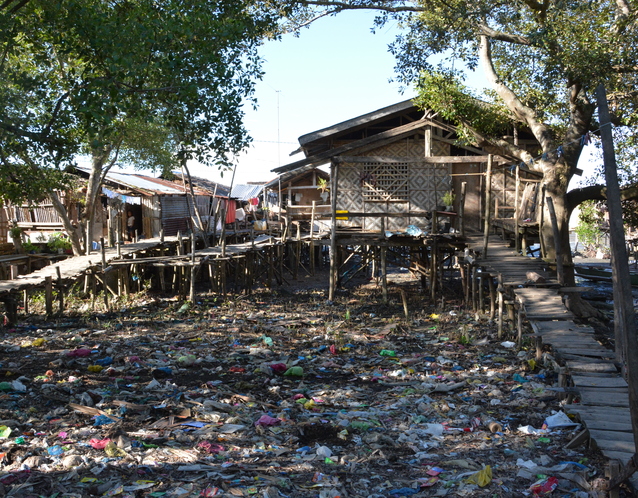
OVER 20 YEARS OF INVESTMENT IN DISASTER MANAGEMENT INITIATIVES
Countries where we have supported our partners’ work in response to a growing range of threats to life and livelihood
Million USD invested since 2001 to help communities better prepare for – and recover from – natural and man-made disasters
Projects addressing a broad range of challenges, including mine-clearance, emergency shelter, resilient housing solutions and capacity building


